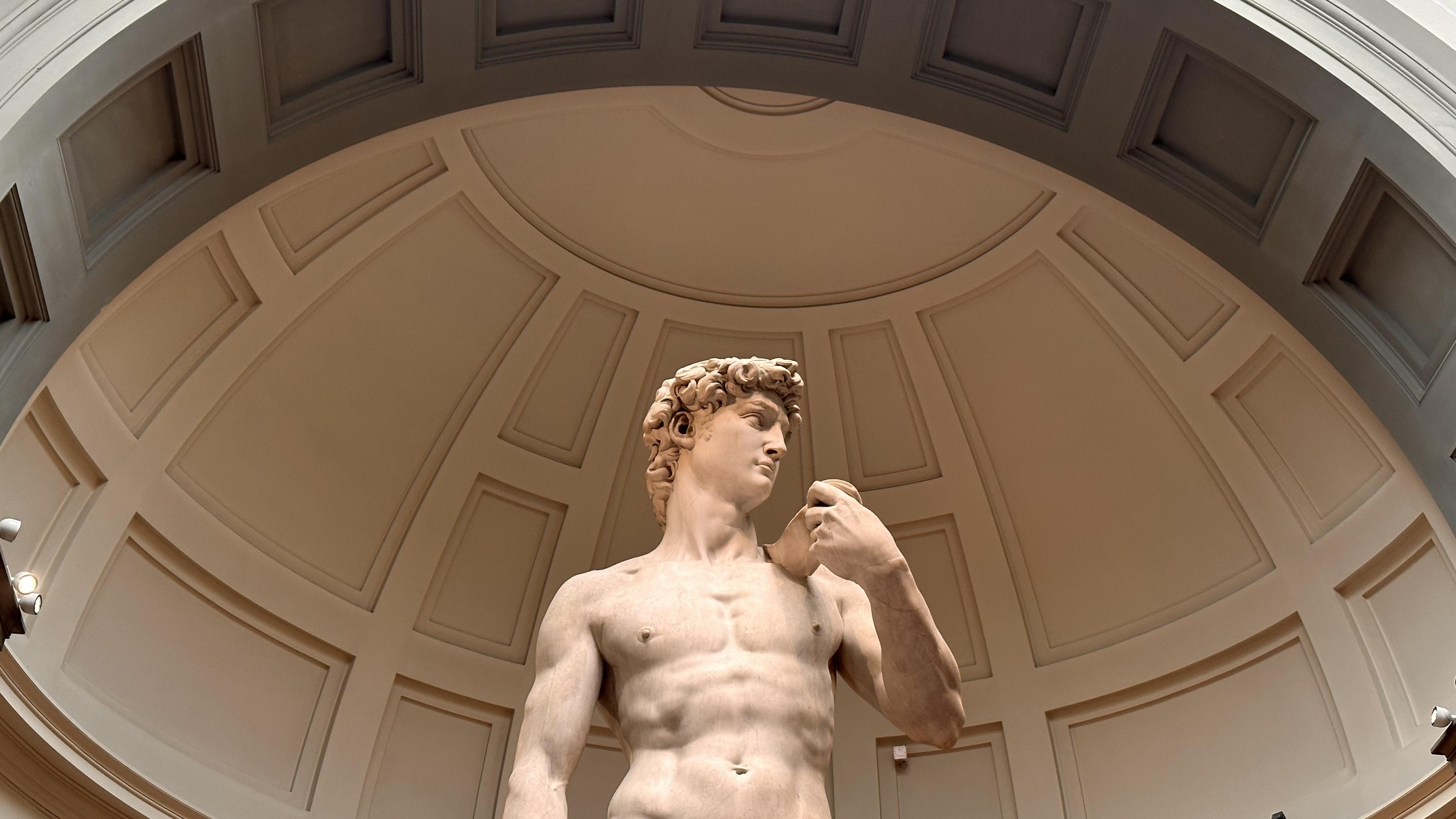Confucianism, one of the world’s oldest philosophical systems, offers valuable insights into human behavior, social harmony, and ethical living. In this blog post, we will explore the basic beliefs of Confucianism and shed light on some intriguing aspects of this ancient Chinese tradition.
Rooted in the teachings of the revered Chinese philosopher, Confucius, Confucianism encompasses a comprehensive system of ethics, religion, and social ideals. Journey with us as we delve into the fundamental principles that shape Confucian thought and the teachings that continue to resonate today.
Whether you’re curious about the golden rule of Confucianism, the major tenets of this philosophy, or where it is currently practiced, this informative exploration will provide you with a deeper understanding of Confucianism’s profound impact on both past and present cultures. So, let’s unravel the captivating world of Confucianism together!

What are the basic beliefs of Confucianism?
Confucianism: Beyond Fortune Cookies!
The Philosophy of Confucius and Its Core Values
Confucianism, an ancient Chinese philosophy, isn’t just about fortune cookies and kung pao chicken. It’s a profound belief system that has shaped the moral and social fabric of East Asia for centuries. So, let’s dive into the depths of Confucianism and explore its basic beliefs!
Ren: The Golden Rule of Confucianism
At the heart of Confucianism lies the concept of “Ren,” often referred to as the Golden Rule. This principle encourages individuals to treat others with kindness, empathy, and respect. In a nutshell, it’s all about treating others the way you would like to be treated.
Filial Piety: Love and Respect for Ancestors
Confucianism places immense importance on honoring and respecting one’s ancestors. The idea of filial piety encompasses a deep sense of gratitude and reverence towards our forefathers. Remembering their wisdom and contributions helps maintain familial and societal harmony.
Li: Rituals to Cultivate Morality
Confucius believed in developing a moral society through rites and rituals. These rituals, known as “Li,” emphasize proper behavior, etiquette, and manners. From bowing to elders to observing ceremonies, practicing Li contributes to maintaining social order and harmony.
Junzi: The Ideal Gentleman
In the world of Confucianism, the “Junzi” strives to be the epitome of an ideal gentleman. This concept represents someone who is morally upright, exemplifying integrity, wisdom, and benevolence. The Junzi seeks to cultivate these virtues not only for personal growth but also to inspire and lead others.
Education: The Key to Enlightenment
Education takes center stage in Confucianism. The philosophy emphasizes the pursuit of knowledge as a path to personal growth and enlightenment. Confucius believed that education could transform individuals and society, ensuring the preservation of ethical norms and social order.
The Five Cardinal Relationships
Confucianism values harmonious social relationships, which are encapsulated by the “Five Cardinal Relationships.” These relationships include ruler and subject, parent and child, husband and wife, elder sibling and younger sibling, and friend and friend. Each relationship has defined roles, responsibilities, and mutual respect.
Ruler and Subject: Order and Benevolence
The relationship between ruler and subject emphasizes the importance of a just and benevolent government. While the ruler should provide for the well-being of their subjects, the subjects, in turn, owe loyalty and obedience.
Parent and Child: Reverence and Devotion
The parent-child relationship calls for filial piety, respect, and unwavering devotion. Children should honor their parents, while parents should nurture and guide their children with love and wisdom.
Husband and Wife: Equality and Harmony
Within the marital relationship, Confucianism promotes equality, trust, and harmony. Husbands and wives should complement each other, respect one another’s roles, and work together for the betterment of the family.
Elder Sibling and Younger Sibling: Guidance and Support
The relationship between siblings encourages the older to guide and support the younger. It emphasizes the importance of mutual respect, harmony, and cooperation within the family unit.
Friend and Friend: Sincerity and Trust
Friendship in Confucianism emphasizes sincerity, trust, and mutual understanding. Friends should be loyal, honest, and supportive, contributing to each other’s growth and well-being.
The Way of Heaven: Harmonious Balance
Confucianism recognizes the Way of Heaven, an ultimate force that governs the universe. It encourages individuals to align themselves with the natural order, seeking harmony between the physical, spiritual, and social realms.
Enrich Your Life with Confucian Wisdom!
Confucianism’s basic tenets offer profound guidance on how to lead a virtuous and harmonious life. Embracing principles like Ren, filial piety, Li, and cultivating virtues such as integrity and benevolence can contribute to personal growth and create a more compassionate and balanced society. So, start incorporating Confucian wisdom into your own life, and let the ancient philosophy shape your path to enlightenment!
Note: Confucianism is a complex philosophy with various interpretations over time. This blog post provides a general overview of its basic beliefs and is not an exhaustive analysis.

FAQ: What are the Basic Beliefs of Confucianism?
What kind of person was Confucius
Confucius was a legendary Chinese philosopher who lived during the 5th century BC. He was known for his wisdom and teachings and is considered the founder of Confucianism. Confucius was a scholar, teacher, and political figure who believed in the importance of moral values, education, and social harmony. Despite being popularly known as Confucius, his actual name was Kong Qiu.
What is the golden rule of Confucianism
The golden rule of Confucianism, also known as the “Silver Rule,” states, “Do not do unto others what you would not want others to do unto you.” Confucius emphasized the importance of treating others with kindness, respect, and consideration. This rule highlights the principle of reciprocity, encouraging individuals to cultivate virtuous behavior by treating others as they would like to be treated themselves.
What is the philosophy of Confucius
The philosophy of Confucius, often referred to as Confucianism, revolves around the idea of creating an ideal society through moral cultivation. Confucius believed that individuals could attain personal and social harmony by practicing moral virtues such as benevolence, righteousness, propriety, wisdom, and faithfulness. He emphasized the significance of filial piety, respect for hierarchy, and the pursuit of knowledge as key aspects of human life.
What are people who believe in Confucianism called
People who believe in Confucianism are commonly referred to as Confucianists or followers of Confucius. Confucianists are individuals who adhere to the moral, ethical, and social teachings of Confucius. They strive to incorporate Confucian values into their lives and society, emphasizing the importance of harmony, respect, and personal growth.
What are three major teachings of Confucius
Confucius put forth numerous teachings, but three of the most notable are:
-
Ren (Benevolence): This emphasizes the importance of kindness, compassion, and empathy towards others. It encourages individuals to develop virtuous character and cultivate harmonious relationships.
-
Li (Propriety): Li focuses on proper conduct, etiquette, and manners in social interactions. It emphasizes respect for traditions, rituals, and the observance of social norms.
-
Xiao (Filial Piety): Xiao emphasizes the significance of respecting and honoring one’s parents and ancestors. It extends beyond immediate family to encompass respect for authority, elders, and the community as a whole.
Where is Confucianism practiced today
Confucianism originated in China but has spread throughout East Asia, particularly in countries such as South Korea, Japan, and Vietnam. While its influence may vary, elements of Confucianism can still be found in these societies. The cultivation of Confucian values continues to shape social norms, education systems, and ethical principles in these regions.
What does Confucianism mean
Confucianism, derived from the name Confucius, refers to the ethical and philosophical system developed by Confucius and later expanded upon by his followers. It encompasses a set of values, teachings, and practices that emphasize the cultivation of moral character, social harmony, and responsible citizenship.
Is Confucianism still a religion
Confucianism is often considered more of a philosophical and ethical system than a traditional religion. It does not involve the worship of deities or the practice of religious rituals found in organized religions like Buddhism or Christianity. However, Confucianism does involve elements of spiritual reverence for ancestors and an emphasis on the harmony between heaven, earth, and humanity.
What are the basic beliefs of Confucianism
The basic beliefs of Confucianism center around the teachings of Confucius, focusing on moral virtues, social harmony, and personal growth. Some key beliefs include the importance of filial piety, respect for authority and elders, the pursuit of knowledge and wisdom, and the cultivation of benevolence and righteousness. Confucianism promotes the idea that individuals can create a harmonious society by embodying these virtues in their daily lives.
What are the elements of Confucianism
Confucianism comprises several essential elements, including moral cultivation, social harmony, and hierarchical relationships. These elements include the practice of filial piety, the pursuit of self-improvement and knowledge, the observance of rituals and traditions, the cultivation of moral virtues, and respect for authority and elders. The teachings of Confucianism aim to guide individuals towards living a virtuous life and contributing positively to society.
Does Confucianism have a heaven
Confucianism acknowledges the existence of a higher power or heaven, referred to as “Tian.” However, the concept of Tian in Confucianism is different from the traditional notion of heaven found in religions like Christianity. Tian in Confucianism represents a moral force or principle that harmonizes with human nature. It is associated with the idea of a cosmic order that aligns with the moral principles promoted by Confucius.
Does Confucianism believe in a god
While Confucianism acknowledges the existence of deities and the concept of heaven, it does not focus on the worship of gods or the belief in a divine figure. Confucianism primarily revolves around humanistic values, moral virtues, and ethical principles rather than worshiping a specific god or pantheon of gods. It highlights the importance of human relationships, social harmony, and personal responsibilities.
